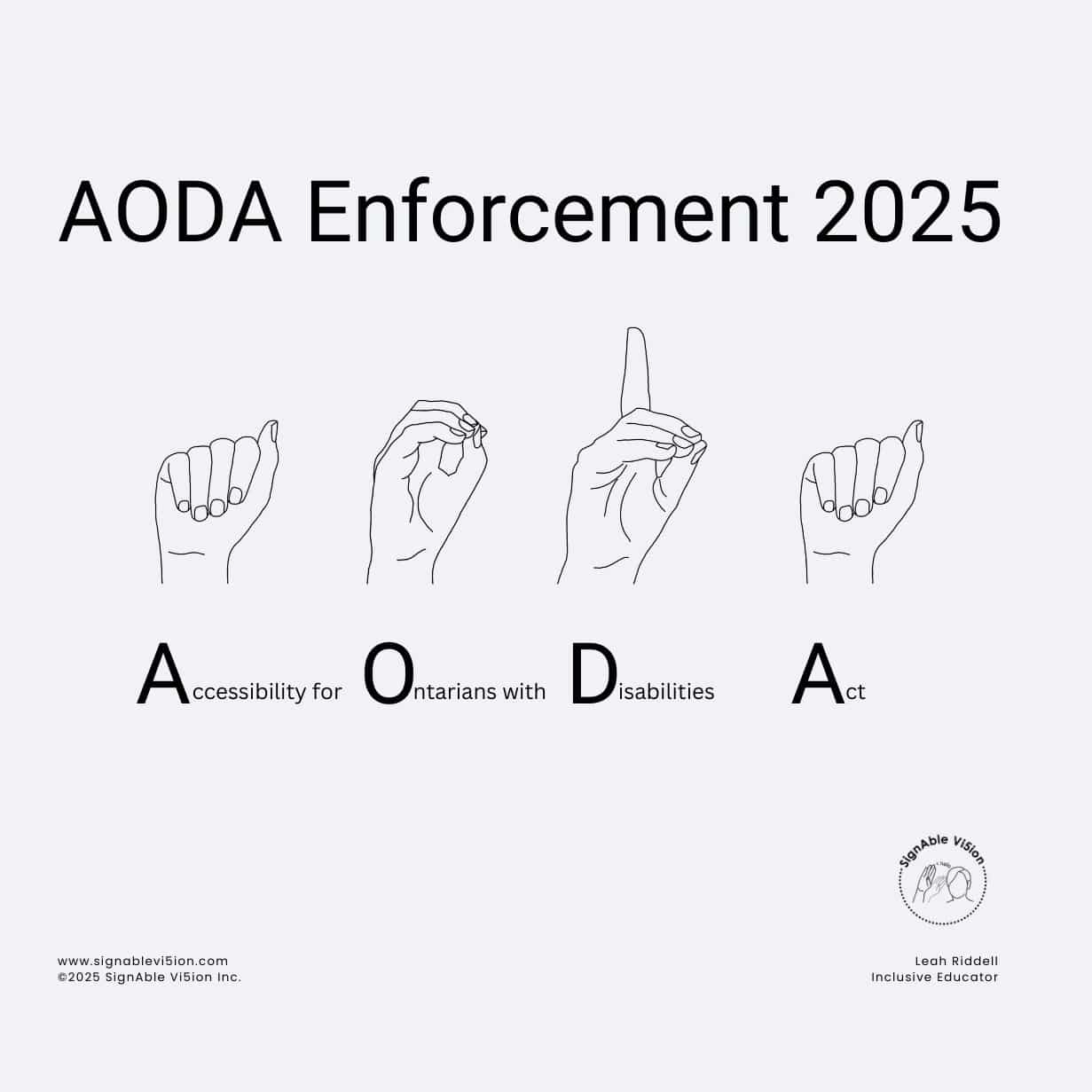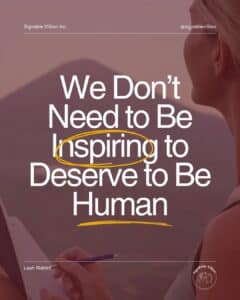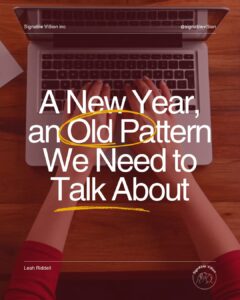It’s 2025, and the Accessibility for Ontarians with Disabilities Act (AODA) still hasn’t been enforced as it should be. Am I surprised? Not at all. Our current parties have shown little to no commitment to making accessibility a priority, and the lack of accountability is glaring. But does that mean we give up? Absolutely not.
The AODA was introduced with a vision: to create a barrier-free Ontario by 2025. For years, businesses, organizations, and institutions were given guidelines, deadlines, and support to comply with accessibility standards. Yet here we are, at the very year promised, and the dream of an inclusive Ontario remains unfulfilled. However, this isn’t about placing blame; it’s about coming together to ensure accessibility for all.
Accessibility doesn’t have to be overwhelming. Meeting AODA standards is an opportunity to create welcoming spaces for everyone, build stronger communities, and improve customer and employee experiences. With the right support, businesses and organizations can take achievable steps to meet these standards and benefit in the process.
The lack of enforcement is not just a bureaucratic oversight; it’s a direct dismissal of the rights of people with disabilities. Government policymakers need to do better by prioritizing accessibility and ensuring these standards are enforced effectively. Every inaccessible doorway, website, or service is a reminder that society continues to sideline a significant portion of its population. This isn’t just about ramps and elevators; it’s about equitable access to opportunities, independence, and dignity.
So, what do we do now? We continue to educate, advocate, and work together to make progress. It’s not just the responsibility of individuals with disabilities; it’s a collective obligation. Everyone benefits from an accessible society, whether it’s a parent with a stroller, an elderly person using a walker, or someone with a temporary injury. Accessibility is universal, and ignoring it only sets us back.
But education alone isn’t enough. Support is critical. Businesses that strive to meet AODA standards should be celebrated, and those that need assistance should have access to resources and guidance to get there. Let’s focus on building partnerships and providing solutions rather than fostering fear or blame. Together, we can create an Ontario where accessibility is not just a promise but a reality.
It’s clear that meaningful change will come from persistent efforts, community collaboration, and a shared commitment to inclusion. Let’s keep pressing forward, offering training, resources, and solutions to ensure that accessibility becomes more than just a promise on paper. It can and must be a reality for everyone. Let’s make accessibility a reality, together.
SignAble Vi5ion is here to support this charge. We offer training on what the AODA is and how it benefits businesses. By understanding accessibility requirements and implementing them effectively, organizations can foster accountability, improve their operations, and contribute to building the inclusive Ontario we all deserve. Through education, awareness, and action, we can transform promises into progress. Visit our website to learn more and discover how you can contribute to this vital mission. Let’s make accessibility a reality, together.



